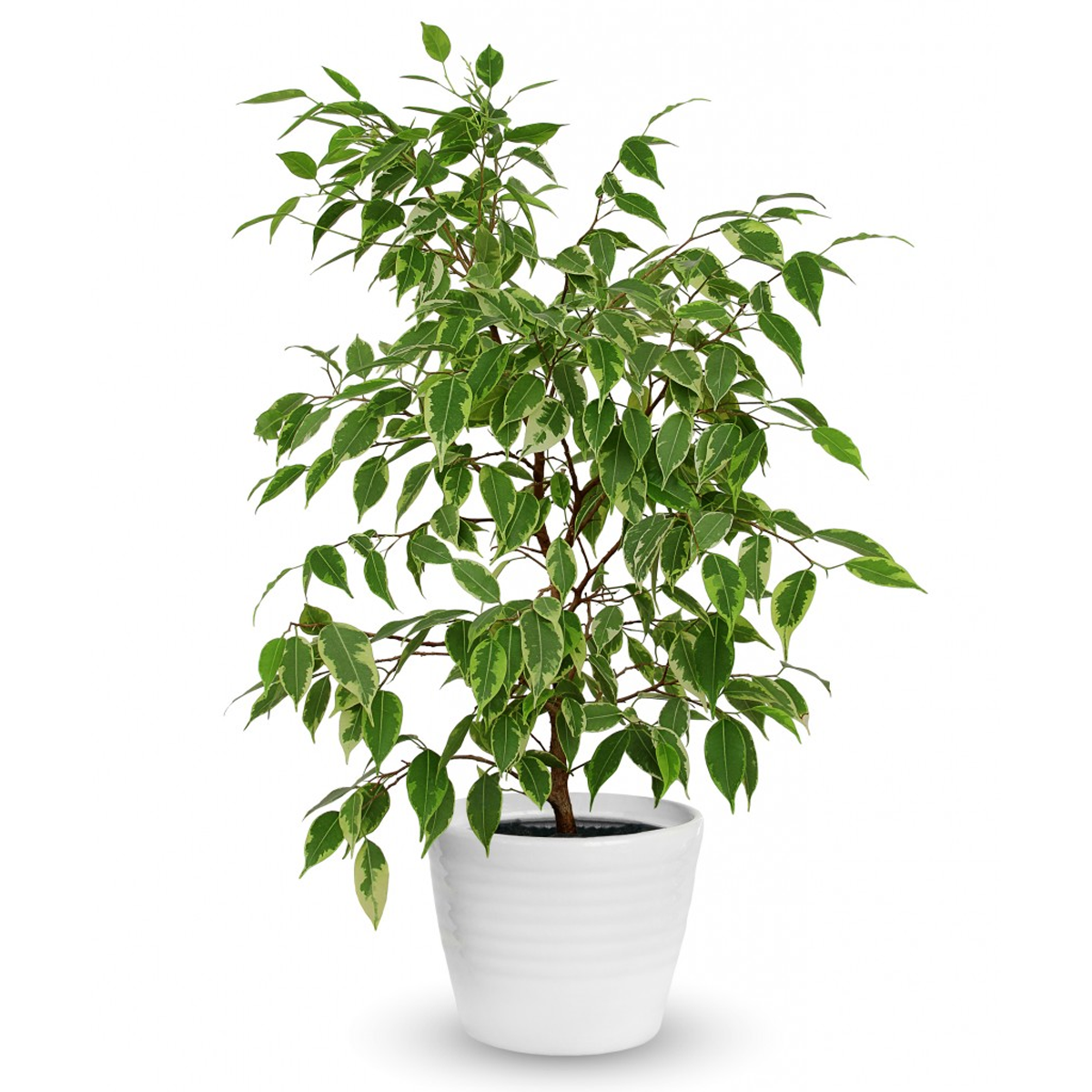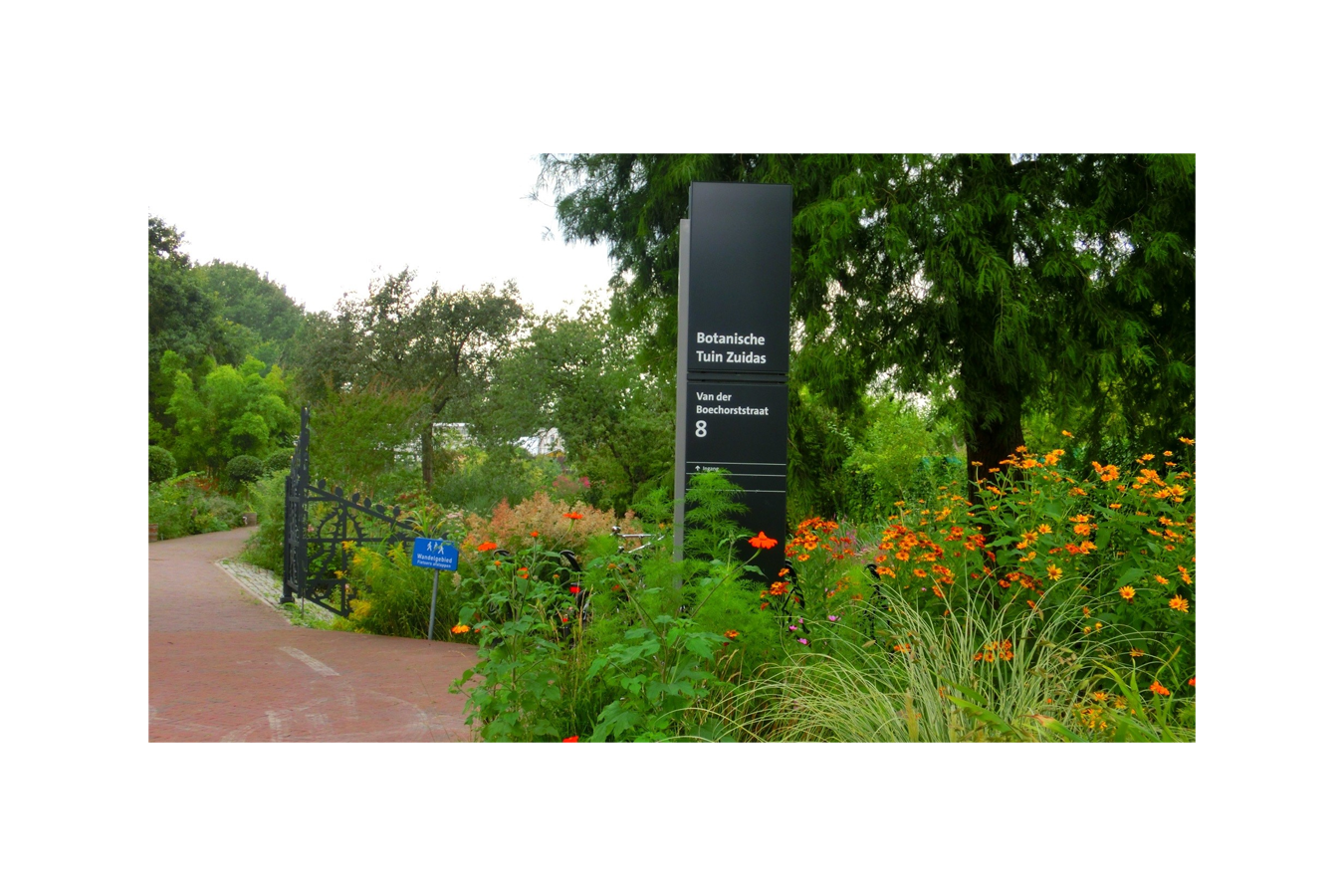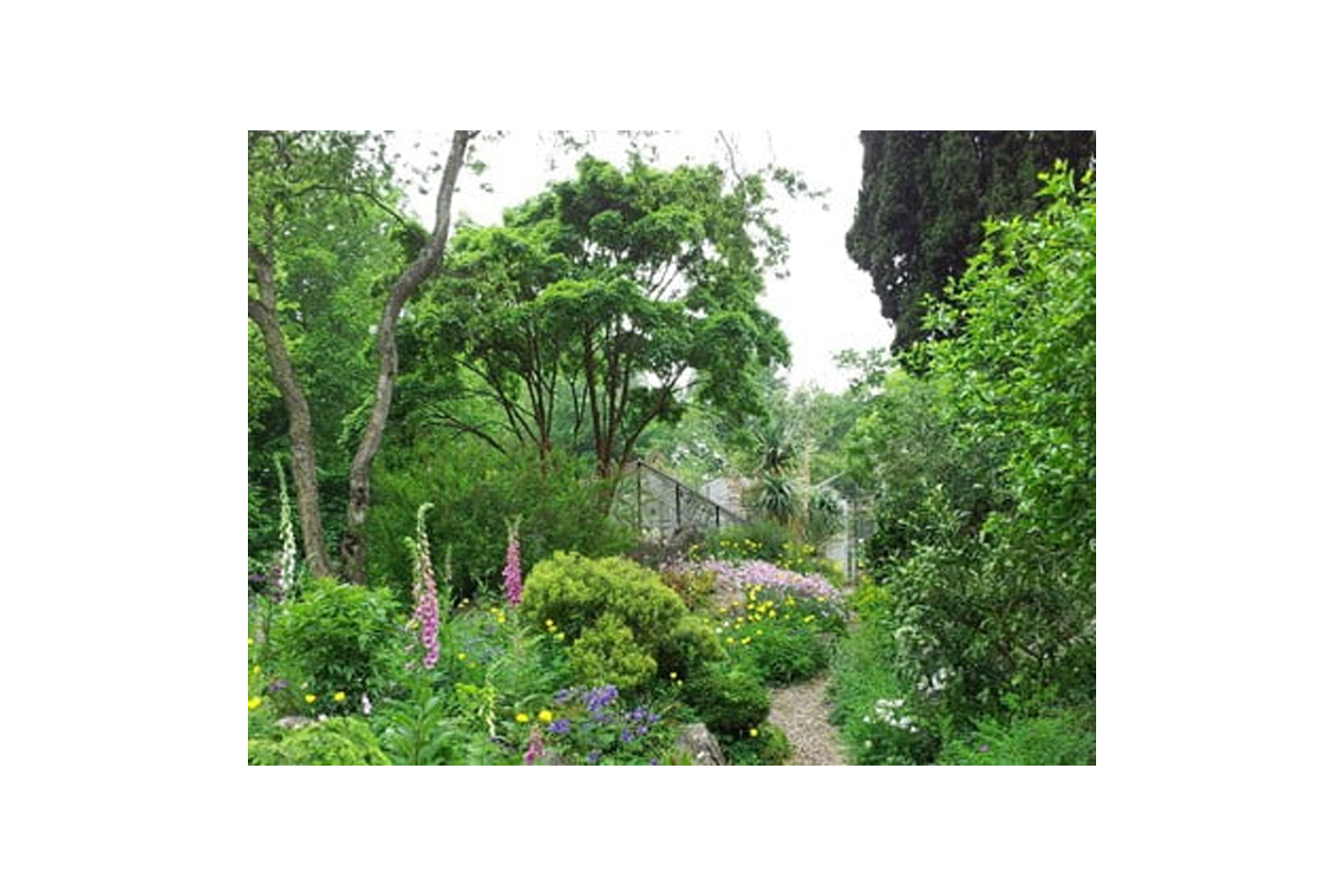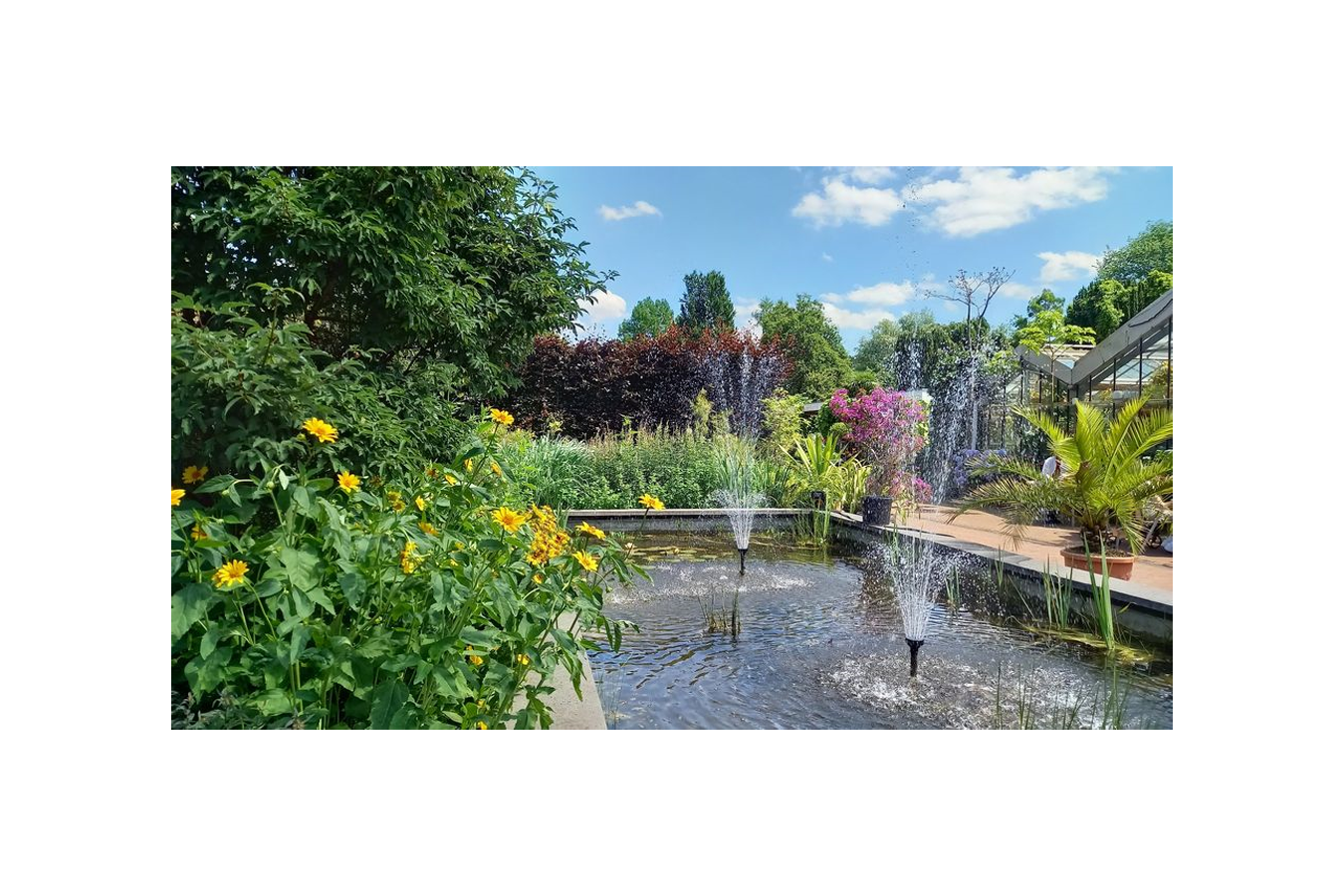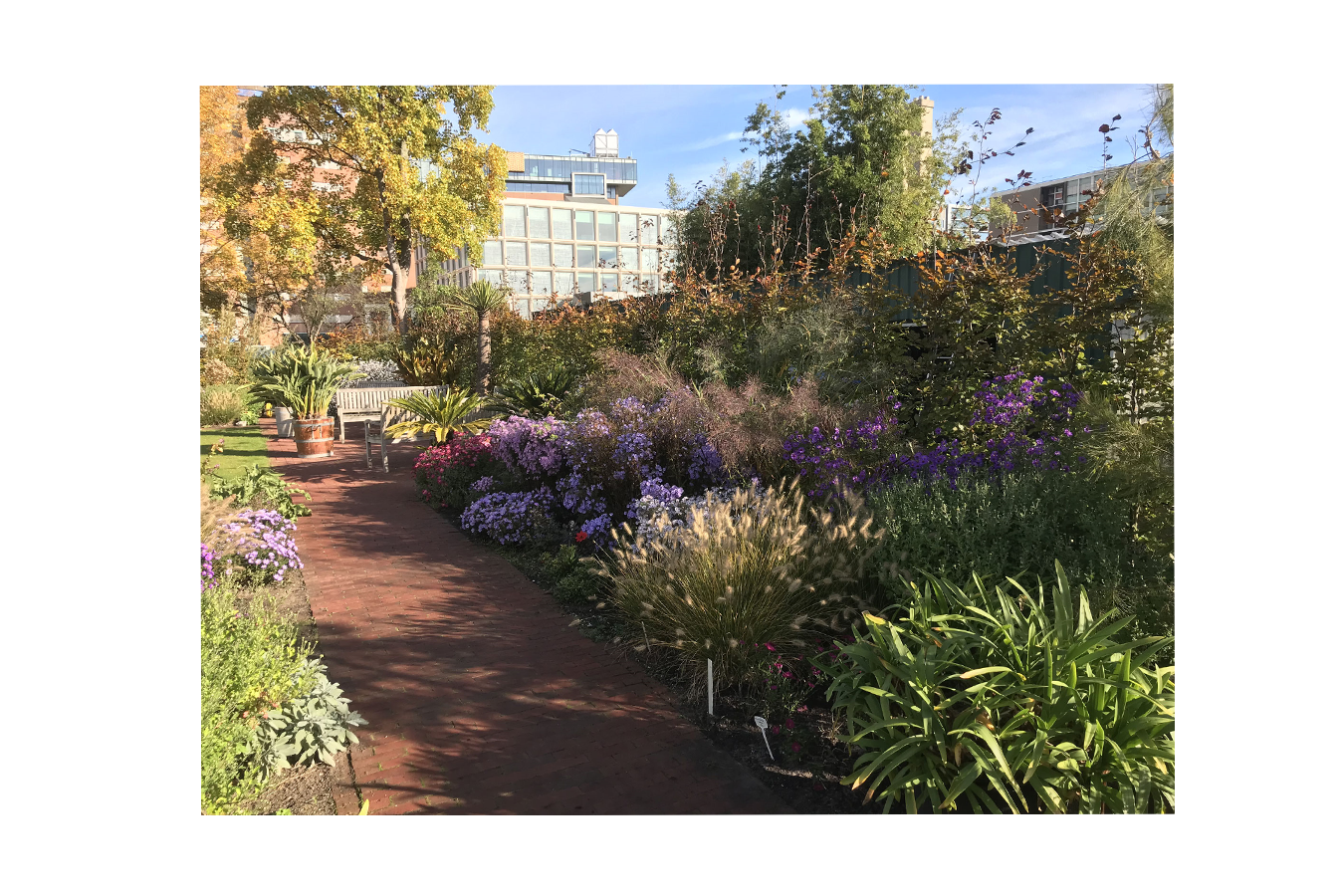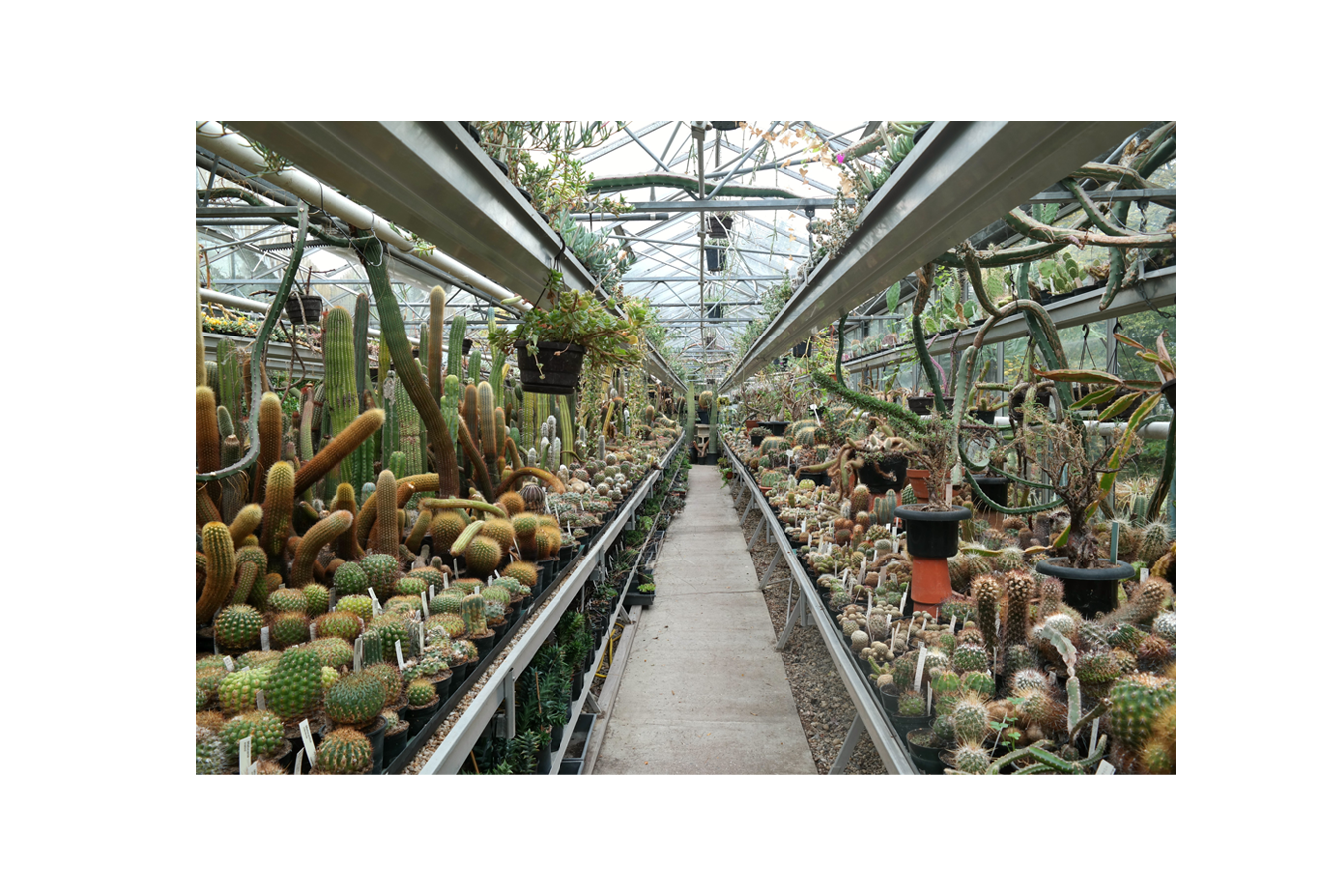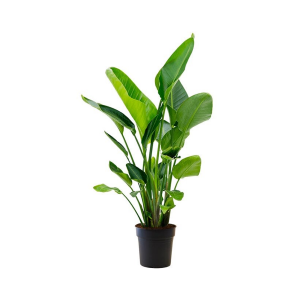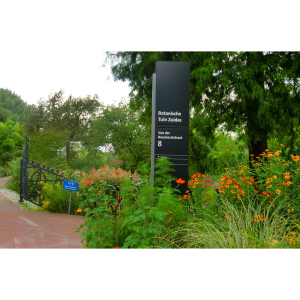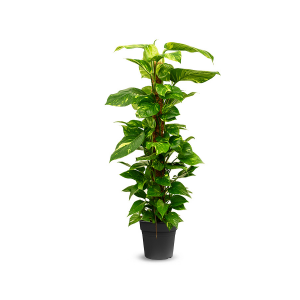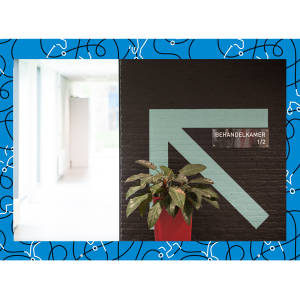With the right care, the Ficus Benjamina can grow into a stately and lush plant that creates a refined atmosphere in your home.
Weeping Fig (Ficus Benjamina)
5 points
Weeping Fig (Ficus Benjamina)
Care:
- Light: The Weeping Fig thrives best in bright, indirect light. Place it near a window with sufficient light, but avoid direct sunlight, as this can scorch the leaves.
- Water: Keep the soil moderately moist, but make sure the plant doesn’t sit in water. Allow the top layer of the soil to dry out between watering. In winter, the Weeping Fig requires less water, so adjust the watering frequency accordingly.
- Temperature: The Ficus Benjamina grows best at a consistent temperature between 18-24°C (65-75°F). Protect the plant from drafts and sudden temperature fluctuations, as this can cause leaf drop.
- Feeding: Fertilize the plant during the growing season (spring and summer) with a balanced houseplant fertilizer. This helps keep the plant healthy and lush. Avoid over-fertilizing, especially in winter.
- Humidity: The Weeping Fig prefers higher humidity. In dry air, the leaves may develop browning edges or drop off. Increase the humidity by occasionally misting the plant or placing a humidifier nearby.
About the Botanical Garden Zuidas
The Botanical Garden Zuidas, known before August 2016 as Hortus Botanicus Vrije Universiteit Amsterdam, is a botanical garden in Amsterdam South.
The garden is located between the hospital and the university campus at Van der Boechorststraat number 8. The fence, made by artist Ruud-Jan Kokke, forms the entrance to the garden. The garden is maintained by permanent employees with the help of volunteers.
The garden was originally established in 1967 as a system garden of the Vrije Universiteit, in which the plants were organized by relationship. It was designed by the renowned Amstelveen parks manager C.P. Broerse and consisted of an outdoor area and a greenhouse complex. The outdoor area features a fern garden and a Chinese penjing-style garden. The greenhouse complex includes a tropical greenhouse, currently converted into a winter garden, and a succulent greenhouse.
Cacti
The Zuidas Botanical Garden manages a number of collections that are registered with the National Plant Collection Foundation (SNP), including the most extensive collection of cacti in the Netherlands, succulents, hardy ferns and orchids. The cactus collection is impressive with genera such as Mammillaria, Opuntia, Copiapoa and Echinopsis side by side in a packed greenhouse. There is also an unheated greenhouse with somewhat hardy cacti. The flowering period starts in May, after they are first watered, until August. Many cacti are protected and threatened with extinction and are therefore on the red list.
Penjing
The Botanical garden is the only one in the Netherlands to have a collection of penjing and bonsai, a gift from 1982 from the then director of the Floriade. Penjing is a Chinese art form that uses miniature stones and plants to portray nature in a concentrated form. Penjing has been practiced in China for over 2,000 years – at least 800 years before Japan copied the art and gained worldwide fame with bonsai. The bonsai in the Botanical garden can only be admired in the summer months, when they are placed outside. The penjing stones, modeled after centuries-old traditions, are permanently on display: part of the complex is designed as a Chinese garden.
Welcome to the garden
Over time, the Hortus has become less important from a scientific point of view (for research and education at the Vrije Universiteit). However, the Botanical Garden has not lost its importance as a beautiful attraction. In this green oasis between the hospital and the Free University, you as an employee can escape the hectic pace of everyday life.
The Zuidas Botanical Garden is freely accessible from Monday to Friday from 9:00 am to 5:00 pm.
In stock
